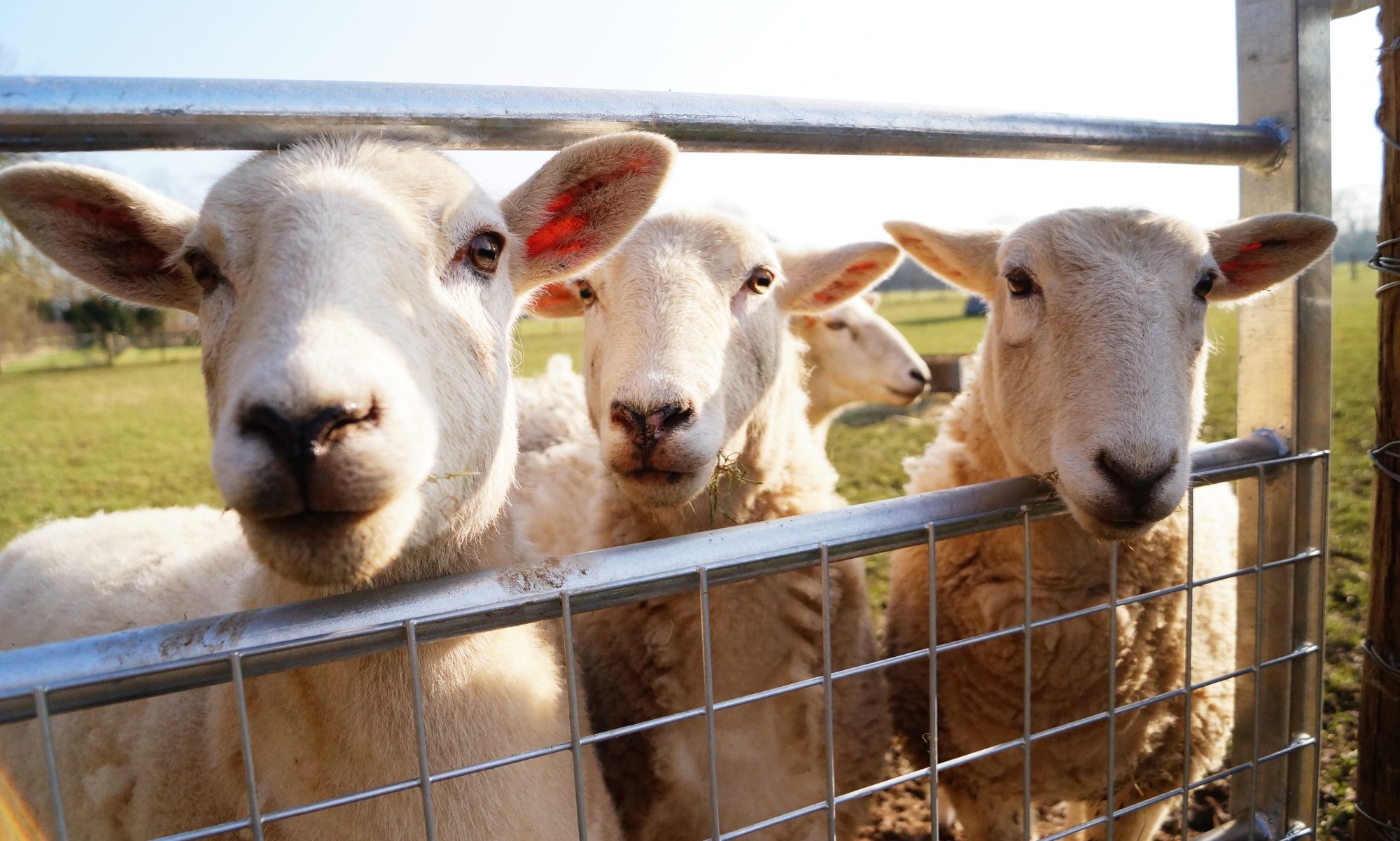Animal welfare is at our heart and all our animals, live free range lives with all (and more!) they need to be fulfilled, happy & content.
Back scratches, belly & ear rubs for the pigs are a daily necessity according to them. Our hens love their fruit and corn treats and some demand their daily cuddles. The ewes and lambs demand, very loudly, food at every opportunity!
At the Three Locks Farm, after years of keeping various different rare breed pigs, we now only keep OSB.
Rare Breed Pigs
This breed may have fallen from favour once, but interest in them has now turned full circle. People today are interested in both the quality and the provenance of their meat – its breed, how it was raised and fed, the ‘food miles’ and last but not least, the flavour and texture of the meat – producing succulent pork, tasty bacon & hams… They are;
Oxford Sandy and Black
The Three Locks farm specialise in this breed, not only to produce the best pork, but also to help conserve the breed and produce new breeding pigs.
The Oxford Sandy & Black Pig, sometimes referred to as the “Plum Pudding Pig”, is one of the oldest British pig breeds. The OSB has reached crisis point at least twice in the past when numbers dropped so low that extinction was a real possibility, but they have grown in popularity in recent years and numbers are now recovering, but still at Rare Breed Survival Trust watchlist level 4.
The breed has an excellent temperament and mothering abilities, particularly suited to outdoor systems, a good forager and, as they are a coloured pig with a good coat, they are far less prone to sunburn. The base colour can range from light sandy to rust with random black blotches, a white blaze, feet and tassel on the tail. A particularly good pork pig, but the bacon is also excellent!
Chickens
Along side a few hybrids and our rescued ex-battery girls we currently have 4 rare breeds of chickens; Cream Legbars, who produce a small light blue eggs, they are flighty birds and will only lay approximately 160 eggs per year each. Exchequer Leghorns, who produce large white eggs, they are also quite flighty birds, but are very striking to look at and lay about 240 eggs per year. Cuckoo Marans, lay a darker egg and are quite docile, they lay approximately 220 eggs per year. Lastly the Welsummers, lovely docile breed, lay small, very dark eggs, but only about 180 per year.
Sheep
The Three Locks Farm flock is currently a cross breed sheep derived from the Wiltshire Horn and Welsh Mountain sheep.
The Wiltshire Horn is one of the oldest breeds in England and is a large sheep: 85 Kg adult female, rams 150Kg. They were run in very large flocks on the Downs of South Central England for many centuries but when the price of wool became attractive the purely meat Wiltshire sheep lost favour.
It is a hair type short fleece sheep and like other primitive breeds of sheep it sheds in the spring as a goat or a horse loses its winter coat. This means that the Wiltshires do not need shearing and have very little fly related problems such as maggoting. They produce a large premium carcass of the finest flavour and texture with low levels of fat.
Bees
We currently run five hives, with plans to add a further two on the other side of the farm. We believe bees are integral part to the symbiotic ecosystem of our farm and the surrounding area. We have lots of established hedgerows, which we have rejuvenated with new whips of native hedging. We also have set aside seeded with meadow flowers to help the bees along. We predominantly harvest the honey, but also have some limited wax and propolis. The wax is generally used to make our reusable food wraps, to help customers use less plastic, but we have also made some fantastic furniture polish!
We always leave plenty of honey for the bees use over the winter months.
